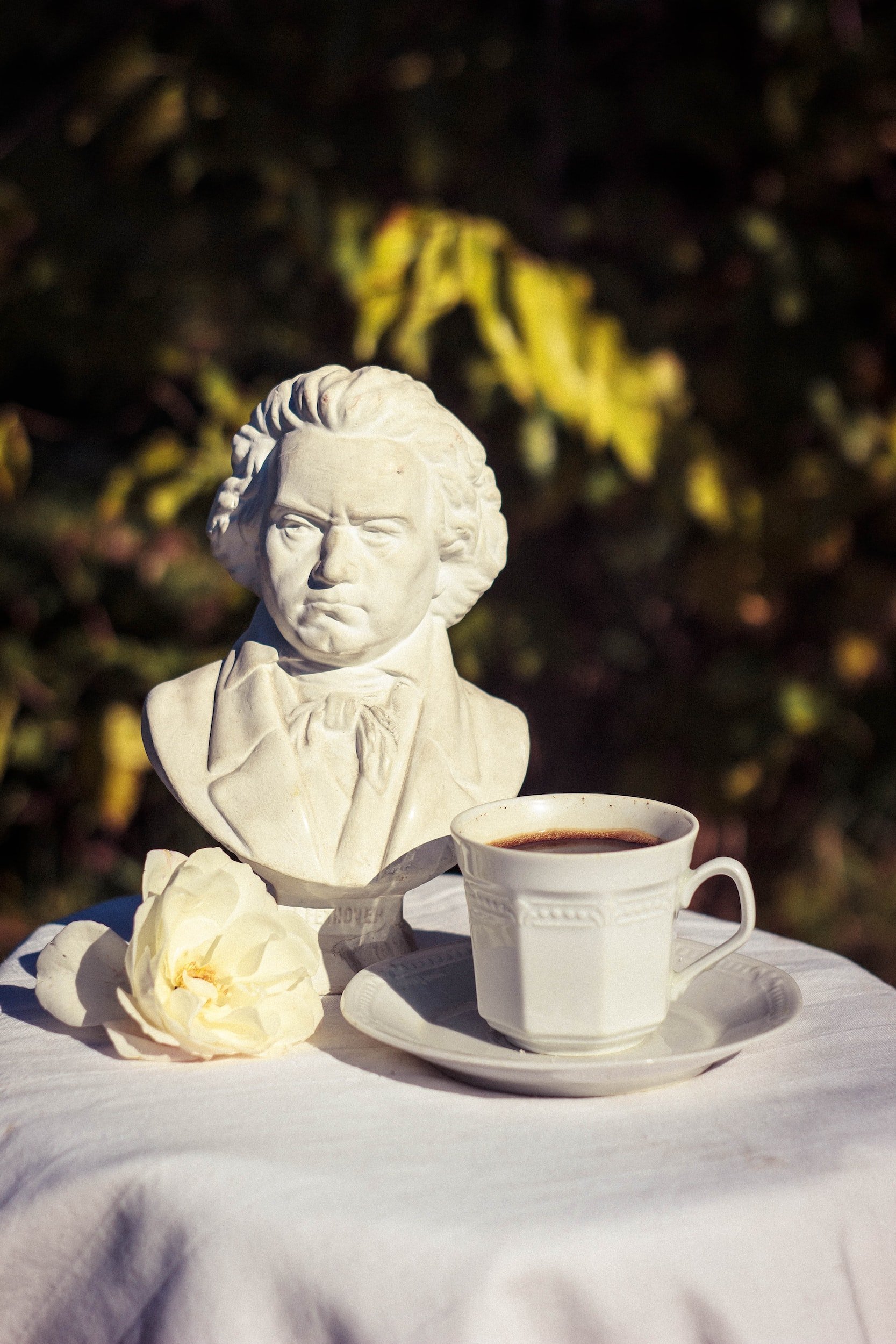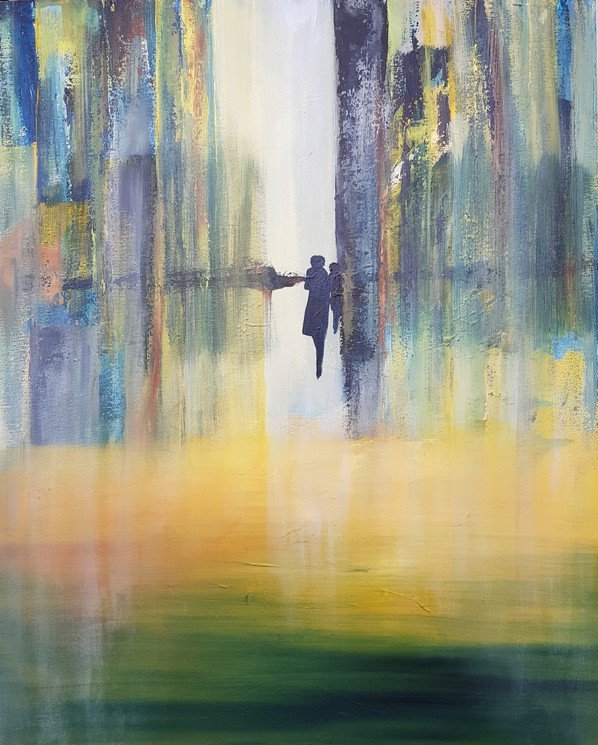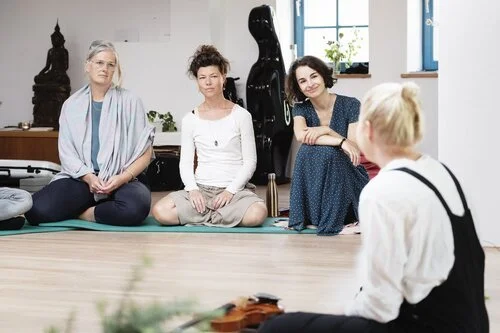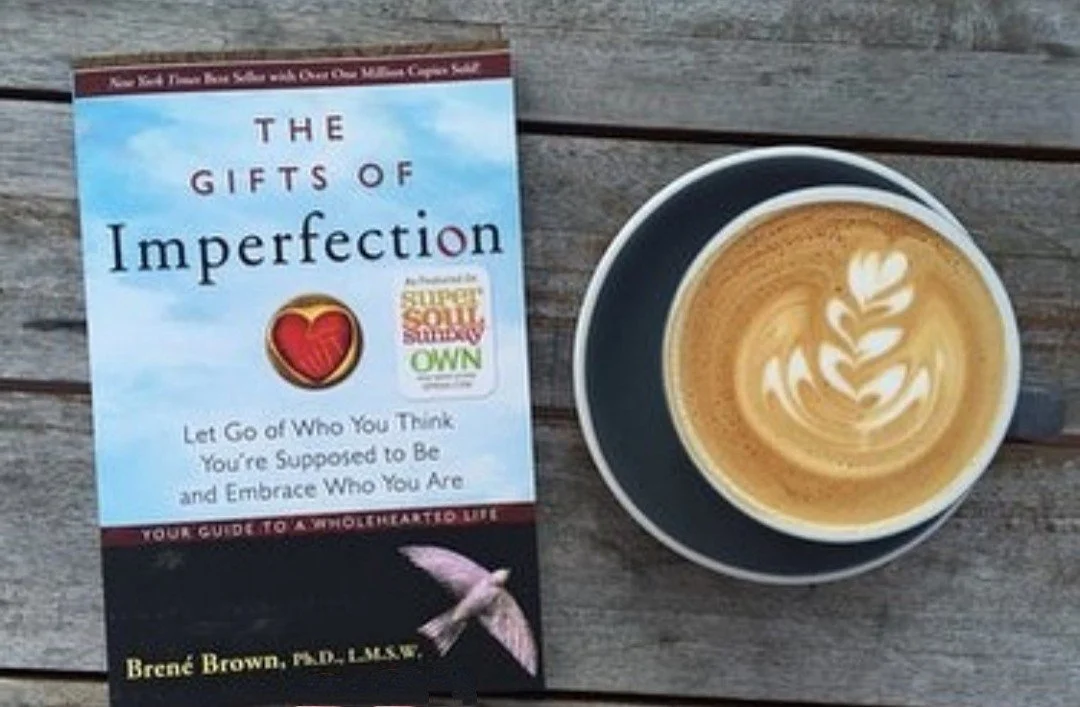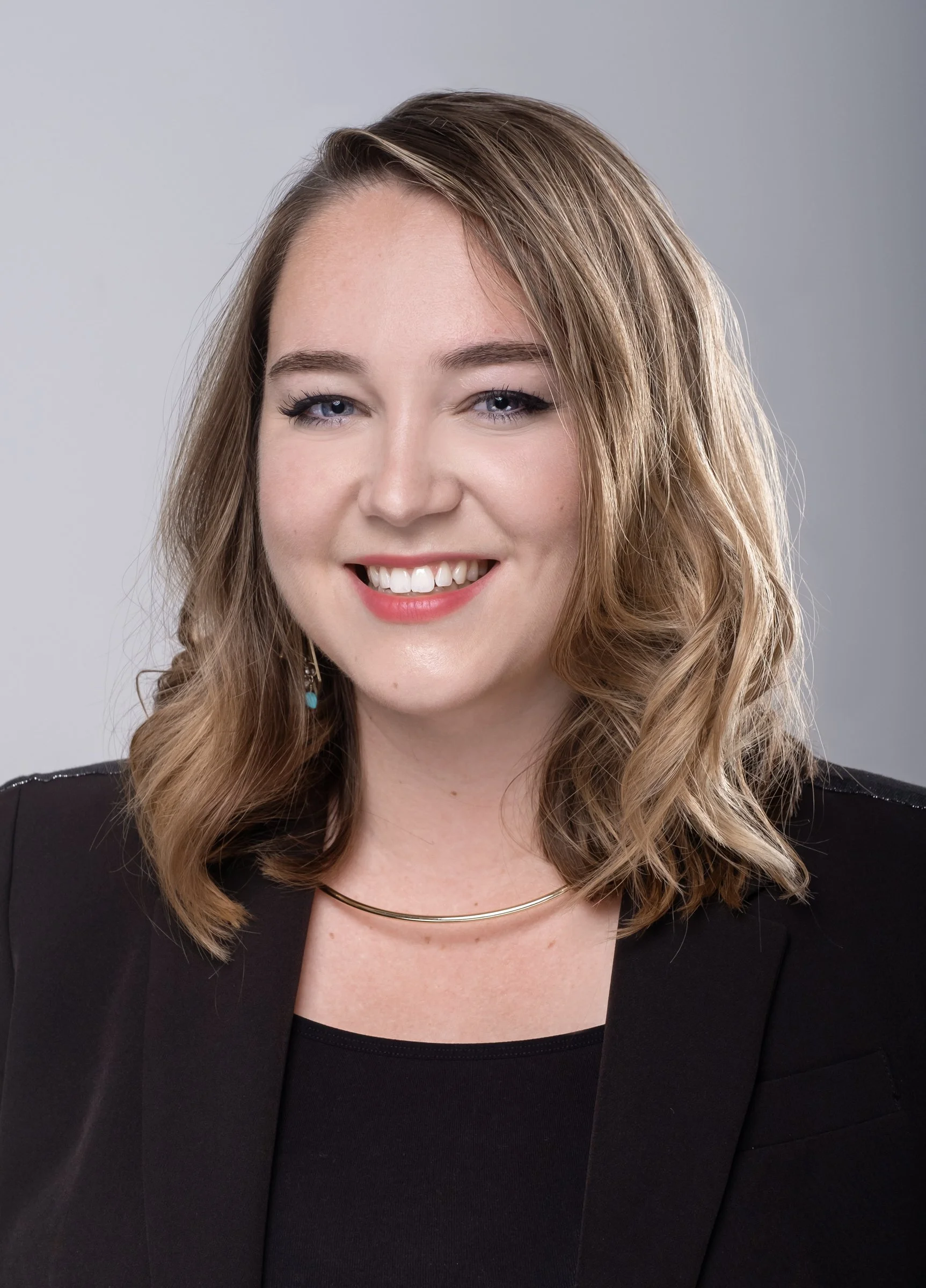BLOG
Welcome to the TMDTA blog!
In addition to the podcast, we wanted to provide a space of written stories, reflections and peer support. Do get in touch via the contact page if you’d like to write a blog piece for us!
Being a musician and language
Using negative language about or towards yourself in any capacity - especially regarding your skills as a musician - can be damaging. This is because, at the same time as being really complicated, the human brain is very simple; if you tell it something often enough, it will start to believe it.
10 places of sanctuary in London
London wasn’t built for people like me, but I am starting to build my own London, often through the unknown places, making the most of quiet times of day. Here’s a small collection of those places I have found give me some peace within this wild city, presented as a quiet morning alone!
My OCD - a fear of going crazy through sound obsessions
The more I obsessed, the more convinced I became that I was losing my mind. I stopped eating, sleeping, smiling or laughing anymore. I felt so ashamed, telling myself over and over that I was sure it would be easier if I actually was mad. I couldn’t believe the agony I was in could be ‘just anxiety’ or ‘just OCD’ because the power my mind and fears had over me was terrifying.
Healing intergenerational trauma of musicians with mental illness
History is often viewed through a romantic lens and I think it is this same viewpoint from which we see past composers with mental illness. But for me, to understand what it is to suffer mental illness and recover is a privilege allowed by the miracles of science and reduction in stigma. This is a reality that composers and performers didn’t experience until very recently.
Anything is better than criticism without thought
Musicians owe those who come to see them the best they can give at that time – their thought, their care, their artistry. And we ask only for thoughtfulness in return. Anything is better than criticism without thought.
A carefully mapped out path to nothing
People would ask me what kind of musician I wanted to be five years ago and it would always be the same confused answer. ‘Most musicians have to do a bit of everything’. I never liked this. It felt like a lot of practice to end up doing very little of what I was being trained for.
The overall standard of applications for this vacancy was very high …
“You’ve summoned the self-belief to actually muster a few thoughts of “I might be in for a chance here. This would suit me perfectly.” and then you’re seemingly told that “no, you’re not right for this at all.”
What does it feel like to perform during an episode of mental illness?
TW: OCD and depression
People really want to talk now and I get annoyed when they ask me about my life or plans for the future. I can’t believe a future exists really. I can’t believe anyone could ever be positive about anything much.
Perusing classical music’s social media requires strength
The internal let down is big when we see people’s successes. When someone succeeds, I feel I am being personally attacked by my ego for not achieving a similar status. I am a small child begging for attention and recognition within a profession that gives it rarely.
I’m not ready to talk
It’s not always the right time to share an internal struggle, but we should be able to make that choice
What am I throwing away though?
We speak of degrees, arts, careers and intelligence going to waste in search of anything else. Those that mourn our decisions to let go misunderstand. We are allowed to push and achieve and then move on. I really believe that nothing is wasted in art.
I have censored myself so that you don’t have to
TW: Self-harm
I censor myself so that I don’t get let down. I am so sure of being unpalatable that I can’t speak about my addiction easily or as freely as I speak about my OCD.
An Interview with Alina Pogostkina: founder of Mindful Music Making
TMDTA blog contributor Emma Baird shares her interview with violinist Alina Pogostkina. She speaks with Alina about the realities of being a child prodigy and Alina’s movement towards whole and kind music making. They speak about upcoming projects with Alina’s organisation Mindful Music Making and how you can get involved
Musicians and maladaptive coping- disordered eating
Hattie shares her experience with disordered eating and offers insights and suggestions as to why food control and eating disorders can be prevalent among classical musicians.
The bare necessities
Georgia Dawson writes about the realities of freelance teaching and the importance of advocating for self-care when suffering from a mental illness
On music, passions and related fields
Anna Johannsen shares her thoughts on following passions, however untrodden that path may be.
The most important books I’ve read
Hattie shares the books that have had a profound impact on her life and continued healing from mental illness as a musician
2021: The year I shifted my career path and started an MBA
Francesca Leo takes us through the journey of risk, vulnerability and creativity as she leaves flute performance focus to undertake an MBA
I don’t feel like I’ve lost
Georgia Dawson questions to what extent conservatoire can limit our aspirations. She explores what happens when we pitch career paths against each other, rather than respecting a personalised and fulfilling trajectory





